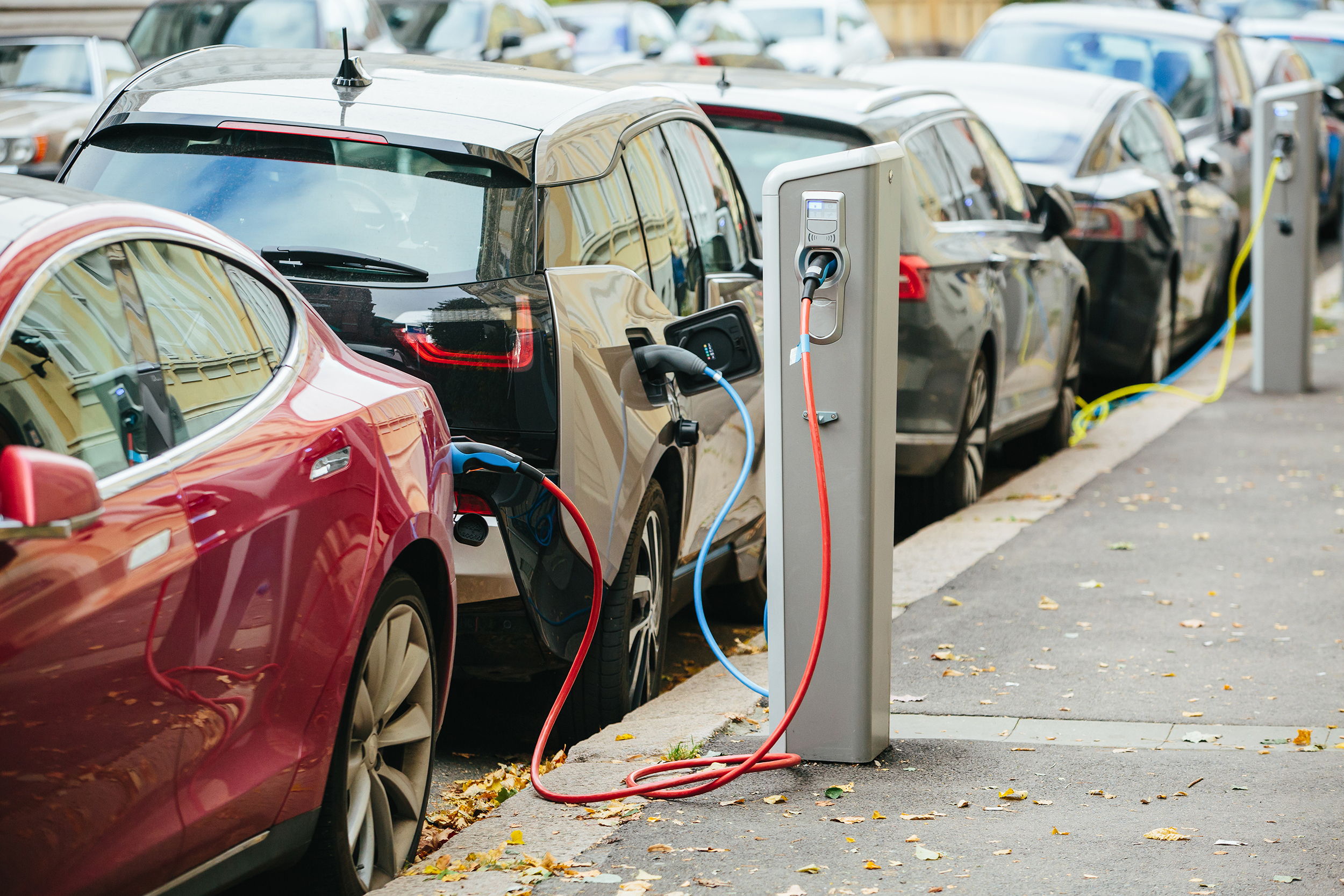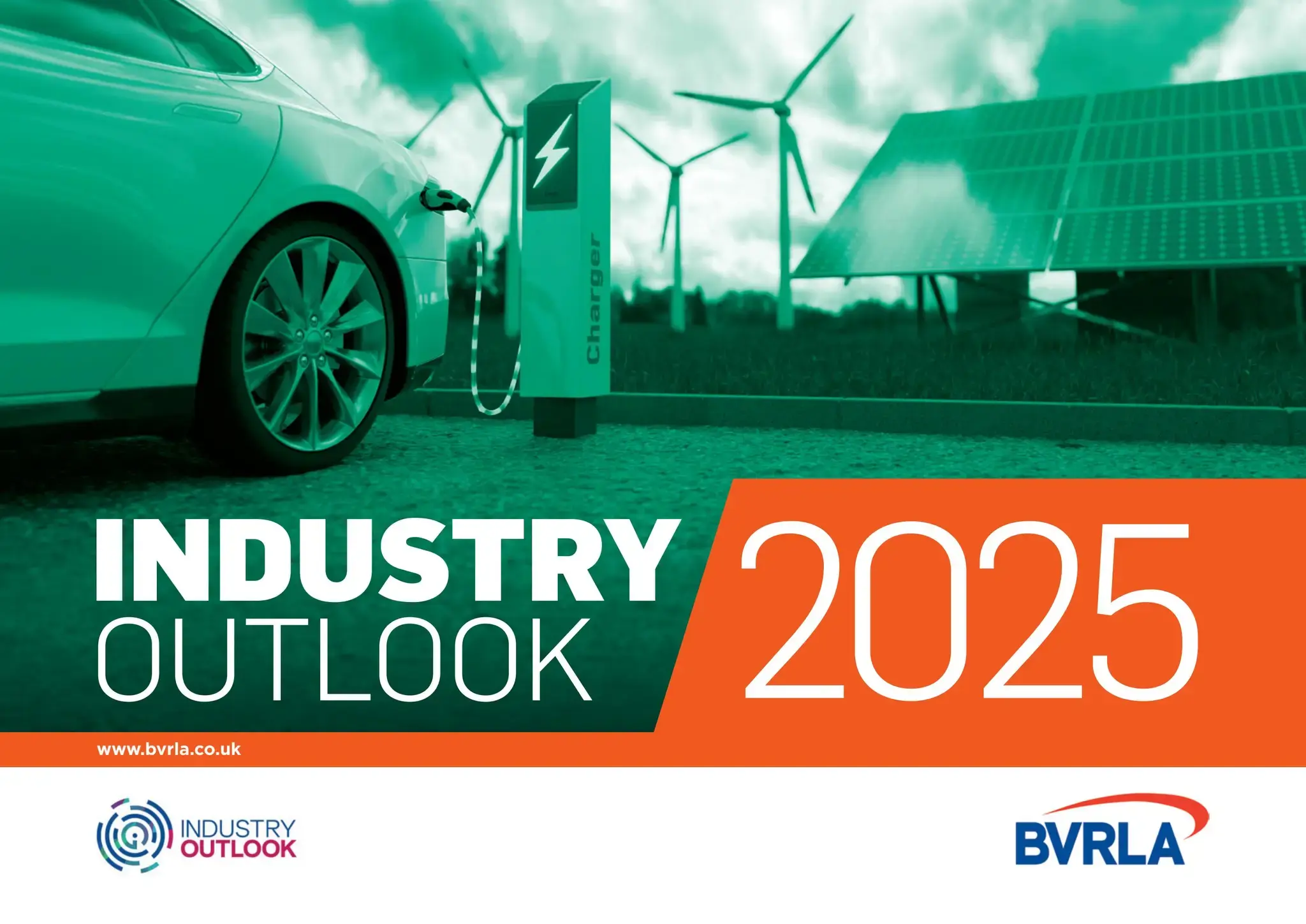We've supported the FN50 since it launched in 2006. Many of the top 50 are our customers, so understanding where the industry's heading and the pressures fleet managers face matters to us.
2025 brought more change than we've seen in years. Most of it driven by one thing: the push towards electrification and zero emissions.
Here's what this year's FN50 report shows.
Record growth, but profitability under pressure
The top 50 leasing and contract-hire companies are now managing their largest ever fleet — nearly 1.9 million cars and vans, up by around 60,000 from 2024. Revenues hit a record £13.9 billion.
But profitability? It collapsed by 91% year-on-year, largely due to plummeting used EV values.
Residual values dropped by 60% between September 2022 and September 2024. That's created a surge in second-life EV leasing, with providers offering used EVs on contract-hire and salary sacrifice schemes to reduce disposal risk.
Electrification is reshaping how fleets operate
While EVs are now central to fleet strategy, the transition brings real challenges: charging infrastructure, residual value uncertainty and higher upfront costs.
We're seeing contract lengths stretch as fleets work to manage capital costs, and drivers are covering fewer miles each year.
Salary sacrifice schemes grew sharply in 2025 and have become a major driver of EV adoption. Contract hire remains the go-to funding method for cars and light commercial vehicles.
Fleet managers are dealing with more complexity
Electrification has become the defining challenge. Fleet managers' roles are becoming more strategic, with added pressure from data management, regulation and cybersecurity.
What's next?
The biggest ongoing challenge is managing residual value risk especially for EVs on longer leases. That's putting strain on margins.
Rising costs aren't helping either. Higher interest rates, inflation, supply chain disruption and steep new vehicle prices are all working against the leasing model. In some cases, they might even slow the pace of electrification.
Still, the sector's proven it can adapt. Growth in 2025 shows its underlying strength, and there's a real opportunity to lead on decarbonisation and sustainability as fleets shift towards EVs and new mobility models.
We're committed to supporting the industry through these changes. Our Key2 system is designed to help you manage complexity, drive automation and stay on top of cost control, safety and compliance so you can focus on what matters most.



